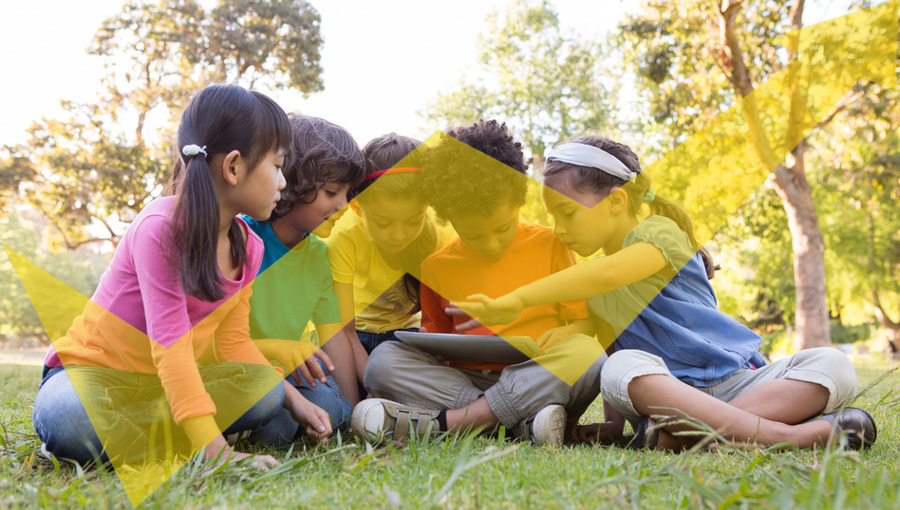“What if the kid you bullied at school, grew up, and turned out to be the only surgeon who could save your life?” ~ Lynette Mather, author
Have you ever wondered when and how bullying starts?
Research has indicated that bullying can start as early as the preschool years, particularly at the age of 3. No one can really tell how kids as young as that start showing signs of bullying behavior, but according to Dr. Allan L. Beane, author of the book entitled “The Bully Free Classroom”, there is evidence that suggests that, as people are wired differently from birth, some kids are “hardwired” or are inclined to be aggressive compared to others. Children can also become aggressive if they are exposed to constant aggression as they—being kids—tend to copy behaviours they observe from others.
Bullying can be experienced by children wherever they may be, including the home where they may have older siblings and/or parents who exhibit bullying behaviours. In fact, according to NoBullying.Com, a popular portal dedicated to the cause, a lot of people blame the parents first when it comes to bullying. Let us consider, however, that these parents may be merely repeating or doing what was said and done to them by their parents when they were kids, and are not aware that such behaviours can be classified as bullying.
Media on television or online video channels also play a role in influencing children’s behaviour. Many believe that shows, movies, and even video games that not only display violent behaviour but also get rewarded for acting so may learn to bully this way.
In other cases, children imitate other children, whom they interact with on a regular basis, engaging in bullying behaviours. This usually happens in school or in any other public place where children can congregate, such as playgrounds, and when adults are not around.
Experts have also noted that bullying styles from children depend on their gender. On the one hand, it is more common for boys to give and receive direct physical and verbal aggression. This is easy to detect and mitigate. On the other hand, it is common for girls to act more with subtlety and indirectly. Examples of these are deliberately excluding a target and spreading rumours about them. Subtle bullying is difficult to detect.
What to watch out for
In order for parents, teachers, carers, and other responsible adults to immediately address bullying, they must first understand that bullied children show signs of being a target. Below are only the more common ones:
- If a child is already passive, a further increase in passivity or total withdrawal is observed
- Unusually sad, moody, anxious, angry
- Unexplained bruises, scratches, tears in clothes, damaged personal items
- Complains about physical illnesses, such as headaches and stomach aches, but with no apparent cause
- A sudden drop in grades and/or the emergence of learning problems
- Loss of interest in going to school and doing their favourite activities
- Change in the way the child talks (e.g. calling himself/herself a loser, calling someone a jerk)
- Child is no longer receiving invitations for an event
Note that similar signs may be exhibited by children who are being bullied online.
What to do if the signs are there
It is important for parents to recognise bullying behaviours and ask themselves if, at one point, have they spoken or acted towards their children that may have taught them to say or act out what they may have observed from them. This is, perhaps, the most immediate step to take. Addressing and attempting to change the parents’ own behaviour significantly reinforces learnings they may want to teach their children in terms of how to express themselves properly and confidently, and how to behave in a manner that would not resort to aggression or manipulation tactics.
Pre-school age is the perfect time for parents to observe their children and teach them values, manners, and proper behaviour as this is also the time when kids start to explore, figure things out on their own, and push boundaries. Everything is a learning experience for them.
On the other hand, parents who have children in school must teach them to be confident in speaking out to teachers or to other responsible adults (such as the counsellor) whom they feel safe sharing information to when they see instances of bullying happening. If a child is being targeted online, the parents must work with the teachers to make it a point to monitor the child’s technology use apart from reassuring the child that he/she is believed and supported.
The Malwarebytes Labs Team










